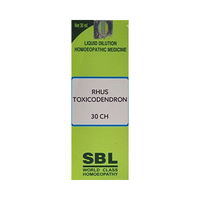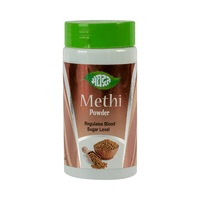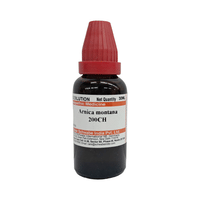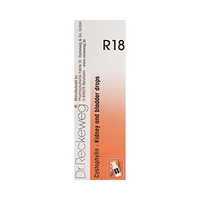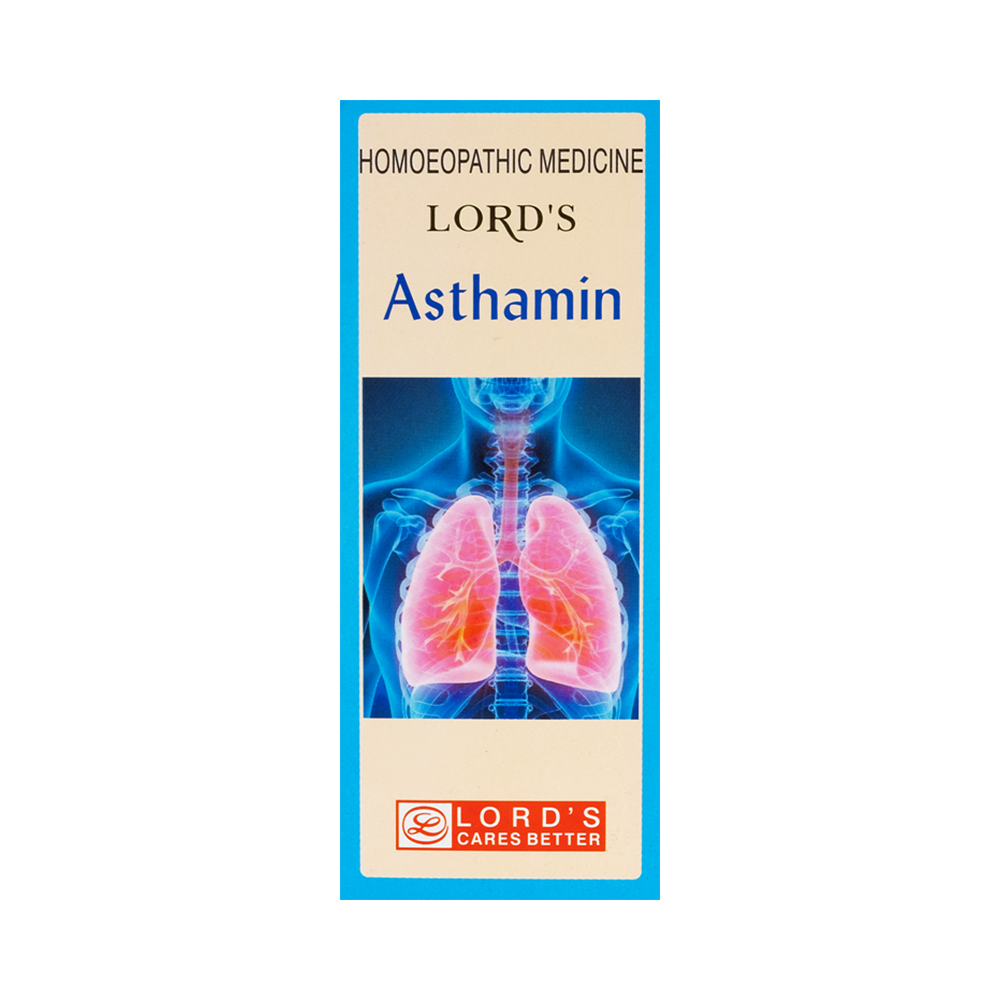Calcirol 60K IU Cholecalciferol Sachet | For Bone Health
(1 gm Granules in sachet)
Rs. 34.10
Rs. 36.30
6% off
Rs. 34.10
Rs. 36.30
6% off
Calcirol 60K IU Cholecalciferol Sachet | For Bone Health
(1 gm Granules in sachet)
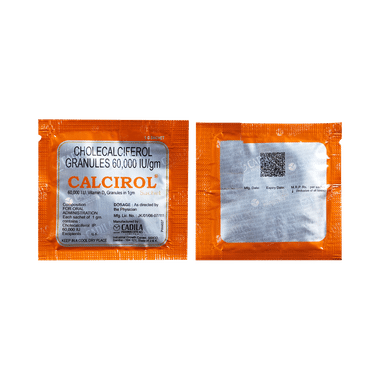
Product Details
Calcirol 60K IU Cholecalciferol Sachet
Calcirol Sachet is used to manage vitamin D deficiency. It is also recommended to maintain strong bones and improve bone mineral density in people with osteoporosis and bone disorders. The presence of vitamin D3, a fat-soluble vitamin, helps the gut to absorb calcium from food. It also helps the body to maintain adequate levels of two minerals essential for bone health, calcium and phosphorus. This further enables the body to preserve bone health. The body makes vitamin D when our skin gets exposed to sunlight. Sunscreen, protective clothing, limited exposure to sunlight, dark skin, and age may reduce the absorption of the sun. As a result, the production rate of vitamin D in the body gets affected and may result in vitamin D3 deficiency. Thus, vitamin D3 in this capsule may help maintain vitamin D3 for better calcium absorption in the body. Along with that, this vitamin has a significant role in helping the absorption of calcium and phosphates from the bowel. The Indian council of medical research (ICMR) recommends a daily supplement of 400 IU/day of vitamin D3 for Indians, with an emphasis on outdoor activities to achieve adequate amounts of vitamin D. It is advised to maintain the level of vitamin D3 in the body. Do not take more than the recommended dose, as it may lead to various side effects, including excessive loss of calcium from the bones. If you have any doubts or wish to know the dose, consult your doctor before taking it.
Key Ingredients:
Cholecalciferol granules (vitamin D3): 60,000 IU
Key Benefits:
Contains cholecalciferol, also known as vitamin D3, which is known to help in the proper growth and development of the body
Though vitamin D3 capsules can be taken with or without food, these capsules are best absorbed when taken orally after a meal. Ideally, vitamin D3 supplements should be taken along with the largest meal of the day or with milk.
Vitamin D is a fat-soluble vitamin which is naturally present in very few foods. Vitamin D supplements are available in two forms: vitamin D2 (“ergocalciferol” or pre-vitamin D) and vitamin D3 (“cholecalciferol”). While vitamin D2 is produced in plants and fungi, vitamin D3 is produced in animals, including humans. Both these forms (vitamin D2 and D3) are available as over-the-counter (OTC) dietary supplements in medical stores. While vitamin D2 has been used in prescription medicines for a long time, vitamin D3 is also found to be equally effective in boosting vitamin D levels. Hence, irrespective of the form of the supplement, it is advised to ensure your daily intake of this vitamin, either through diet or supplement.
Yes, it is advised to take this product with milk as it helps in better absorption. All you have to do is tear open the sachet and pour the powder into a glass and add milk. Drink the suggested quantity of the mixture as directed by the physician.
The dosage of vitamin D will depend on the levels of vitamin D3 in your body and your health problem (which includes the severity of your condition). So, it would be best to consult your doctor for a detailed analysis of your condition and your dose requirement. However, certain studies have proved that daily vitamin D was more effective than weekly. So talk to your doctor to know the right dose suitable for you.
There are no confirmed signs which can indicate vitamin D deficiency which is why most people remain unaware of any possible deficiency. Low levels of Vitamin D in the body can make you more prone to infections and may cause hair loss. Some may also feel tired/fatigued, depressed, suffer from bone pain and experience muscle pain.
Though Vitamin D3 capsules can be taken with or without food, these capsules are best absorbed when taken orally after a meal. Ideally, vitamin D3 supplements should be taken along with the largest meal of the day or with milk.
Although it is not very common, levels of vitamin D can exceed normal limits in the body. It usually happens due to an overdose of vitamin D supplements. Increased levels of Vitamin D in the blood can cause increased absorption of calcium from the digestive system. This may result in increased levels of calcium in the blood (hypercalcemia). In severe cases, it can lead to kidney failure and artery calcification (hardening of the arteries due to calcium deposition).
- For Bone Health
Calcirol Sachet is used to manage vitamin D deficiency. It is also recommended to maintain strong bones and improve bone mineral density in people with osteoporosis and bone disorders. The presence of vitamin D3, a fat-soluble vitamin, helps the gut to absorb calcium from food. It also helps the body to maintain adequate levels of two minerals essential for bone health, calcium and phosphorus. This further enables the body to preserve bone health. The body makes vitamin D when our skin gets exposed to sunlight. Sunscreen, protective clothing, limited exposure to sunlight, dark skin, and age may reduce the absorption of the sun. As a result, the production rate of vitamin D in the body gets affected and may result in vitamin D3 deficiency. Thus, vitamin D3 in this capsule may help maintain vitamin D3 for better calcium absorption in the body. Along with that, this vitamin has a significant role in helping the absorption of calcium and phosphates from the bowel. The Indian council of medical research (ICMR) recommends a daily supplement of 400 IU/day of vitamin D3 for Indians, with an emphasis on outdoor activities to achieve adequate amounts of vitamin D. It is advised to maintain the level of vitamin D3 in the body. Do not take more than the recommended dose, as it may lead to various side effects, including excessive loss of calcium from the bones. If you have any doubts or wish to know the dose, consult your doctor before taking it.
Key Ingredients:
Cholecalciferol granules (vitamin D3): 60,000 IU
Key Benefits:
Contains cholecalciferol, also known as vitamin D3, which is known to help in the proper growth and development of the body
Product Specifications And Features:
Container Type:
Sachet
Directions For Use:
Safety Information:
Quick Tips:
["These supplements should not be taken on an empty stomach or in between the meals like most medicines. To ensure optimum absorption, take these supplements strictly as advised by your doctor", "Vitamin D3 supplements may interact with several medications. So, talk to your doctor about the medications you are taking", "For effective results, it is wise to consult your doctor, who will weigh the pros and cons of the medicine and then recommend the right dosage and type of supplement", "In case you miss a dose, take it as soon as you remember. However, if it is almost time for the next dose, skip the dose you missed and take your next dose at the scheduled time", "The deficiency of Vitamin D3 can be fixed by loading up your intake of Vitamin D either through diet or through sunlight and supplements"]
Faqs:
Though vitamin D3 capsules can be taken with or without food, these capsules are best absorbed when taken orally after a meal. Ideally, vitamin D3 supplements should be taken along with the largest meal of the day or with milk.
Vitamin D is a fat-soluble vitamin which is naturally present in very few foods. Vitamin D supplements are available in two forms: vitamin D2 (“ergocalciferol” or pre-vitamin D) and vitamin D3 (“cholecalciferol”). While vitamin D2 is produced in plants and fungi, vitamin D3 is produced in animals, including humans. Both these forms (vitamin D2 and D3) are available as over-the-counter (OTC) dietary supplements in medical stores. While vitamin D2 has been used in prescription medicines for a long time, vitamin D3 is also found to be equally effective in boosting vitamin D levels. Hence, irrespective of the form of the supplement, it is advised to ensure your daily intake of this vitamin, either through diet or supplement.
Yes, it is advised to take this product with milk as it helps in better absorption. All you have to do is tear open the sachet and pour the powder into a glass and add milk. Drink the suggested quantity of the mixture as directed by the physician.
The dosage of vitamin D will depend on the levels of vitamin D3 in your body and your health problem (which includes the severity of your condition). So, it would be best to consult your doctor for a detailed analysis of your condition and your dose requirement. However, certain studies have proved that daily vitamin D was more effective than weekly. So talk to your doctor to know the right dose suitable for you.
There are no confirmed signs which can indicate vitamin D deficiency which is why most people remain unaware of any possible deficiency. Low levels of Vitamin D in the body can make you more prone to infections and may cause hair loss. Some may also feel tired/fatigued, depressed, suffer from bone pain and experience muscle pain.
Though Vitamin D3 capsules can be taken with or without food, these capsules are best absorbed when taken orally after a meal. Ideally, vitamin D3 supplements should be taken along with the largest meal of the day or with milk.
Although it is not very common, levels of vitamin D can exceed normal limits in the body. It usually happens due to an overdose of vitamin D supplements. Increased levels of Vitamin D in the blood can cause increased absorption of calcium from the digestive system. This may result in increased levels of calcium in the blood (hypercalcemia). In severe cases, it can lead to kidney failure and artery calcification (hardening of the arteries due to calcium deposition).













